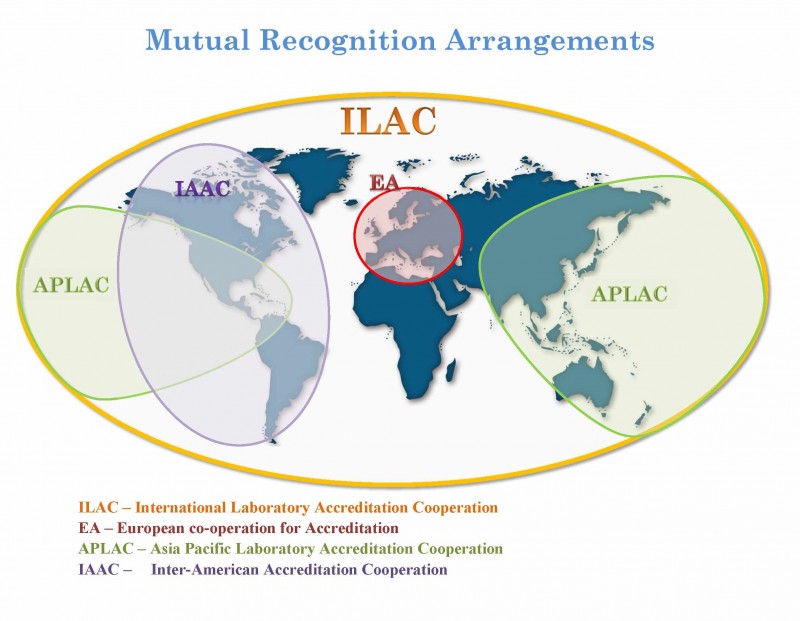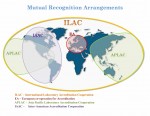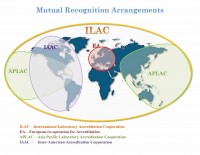This is the first part of a series dedicated to understanding more about defense, security and safety as they relate to the cannabis industry, the importance of having standards and some tips for cannabis business plans. Over the next few weeks, we will hear from multiple industry pioneers discussing those topics and offering practical solutions for problems that many cannabis businesses face daily.
Inconsistent laws across multiple states created a fragmented network of regulations for cannabis. Some third parties are filling the gaps between the industry standards and state regulations. The Colorado Marijuana Enforcement Division (MED) and the Washington Liquor and Cannabis Board’s i-502 rule provide guidance on regulations surrounding packaging and labeling, advertising, pesticide use, retail and other areas.
Still there are many opportunities to fill the gaps. The Foundation of Cannabis Unified Standards (FOCUS), is an independent non-profit founded to develop some consistency in standards governing public health, consumer safety and the environment. In cultivation, the third party certification, Clean Green Certified, works to provide some guidance for growing cannabis organically based on USDA organic standards. For laboratories, Washington’s regulations provide some guidance, but organizations like FOCUS, the American Association for Laboratory Accreditation (A2LA) and the Cannabis Safety Institute seek to fill the gaps in laboratory standards along with the ISO 17025 requirements.
Security and defense is one particular area of the cannabis industry that still needs a benchmark for businesses to follow. In this series, we sit down to discuss security, defense and safety with Bruce Lesniak, president of the Food Safety and Defense Institute and member of the oversight committee for the establishment of standards in the cannabis industry in conjunction with FOCUS.
Cannabis Industry Journal: What changes do you see coming to the cannabis industry related to product safety, defense and security?
Bruce Lesniak: As in every industry that provides a public consumable product, the primary objective is to protect the consumer by providing products that are consistently safe. The largest change coming to the cannabis industry will be the implementation of enforceable, nationally uniform standards across all states and all product lines. I believe that the standards and regulations developed for the cannabis industry will mirror those of the food industry. Companies are already busy working to develop this uniform standard, one such group is FOCUS. Founded by Lezli Engelking, FOCUS works with diverse professionals from regulatory, quality assurance, medical, law enforcement, business, research, and the government officials, medical and research professionals along with subject matter experts from numerous business disciplines across the industry to develop impartial, comprehensive, cannabis specific standards that will be presented for adoption by state and federal governing bodies. Lezli summarizes the FOCUS Mission as “ To protect public health, consumer safety, and safeguard the environment by promoting integrity within the cannabis industry.” Look for more on this in our next Ask the Expert update, on CannabisIndustryJournal.com or you can contact Lezli Engelking at FOCUS here: 866-359-3557 x101.
This series will highlight important issues involving security, defense and safety in the cannabis industry. Next week, Bruce, along with cannabis security professional, Tony Gallo of Sapphire Protection, will provide some advice on what companies can do to improve their master business plan. Stay tuned for next week’s Part II of Ask the Expert: Straight Talk on Safety, Defense and Security with Bruce Lesniak.







